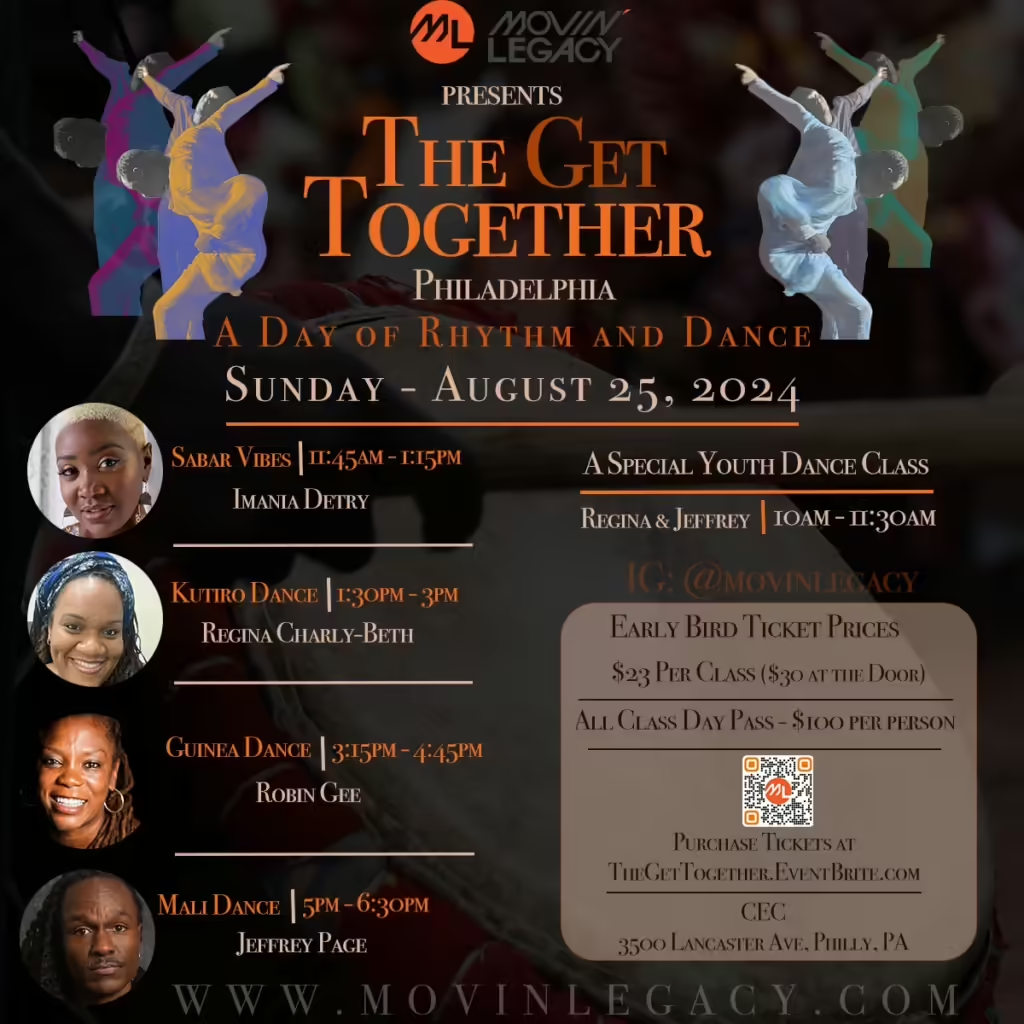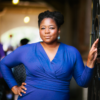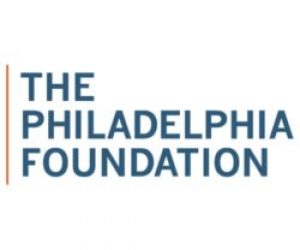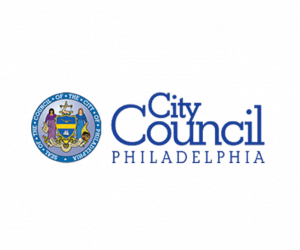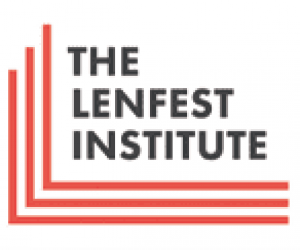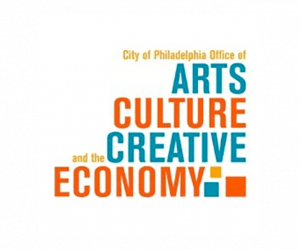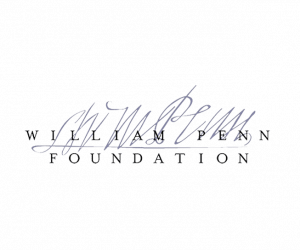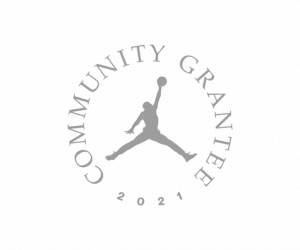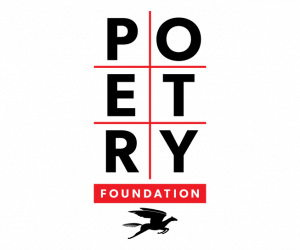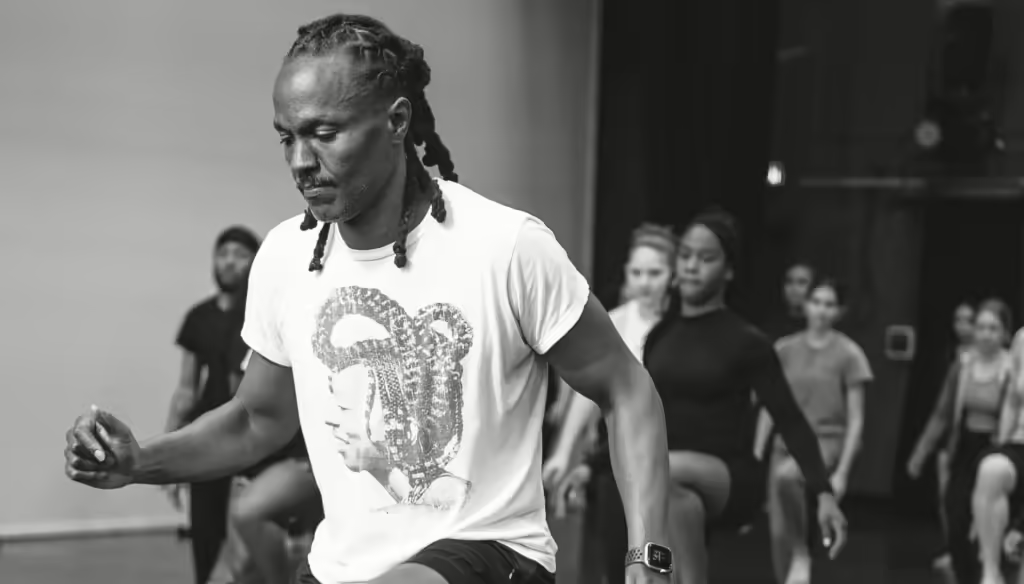
By Jos Duncan-Asé
This Sunday, Philadelphia will come alive with rhythm and movement as the city hosts “The Get Together,” a full-day celebration of West African and African Diasporic dance. Love Now Media is proud to sponsor the event, featuring workshops by renowned dance instructors, including the Emmy-nominated choreographer and Broadway director Jeffrey L. Page, who has worked with mainstream artists such as Beyoncé, Jazmine Sullivan, Solange, and more. But this event is more than just a day of dance—it’s a powerful statement about the role of African dance in resistance, activism, and community healing.
I had the privilege of speaking with Jeffrey about the significance of this event and why, at a time such as this, studying traditional West African dance is more relevant than ever. Our conversation explored the cultural and political significance of these dances, particularly for Black and Brown communities, and how this art form can serve as both an act of resistance and a tool for civic engagement.
The Significance of African Dance
Jeffrey L. Page’s passion for African dance is palpable, rooted in the movement and the deeper connections it fosters. As he explained, the study and practice of traditional African dance allow individuals to connect with something greater than themselves—beyond the oppressive histories many have experienced. “These dances are not just about movement,” Jeffrey said. “They are about rhythms, rituals, and life themes—whether it’s a celebration, a time to fight, protect, or harvest. These dances embody a history and a culture that transcends what many of us have experienced in the United States.”
This connection to history and culture is particularly important in the current political climate. As we stand on the brink of a significant political shift, with the potential for increased authoritarianism and oppression, the ability to access and communicate through these cultural traditions becomes even more crucial.
Dance as Embodied Resistance
One of the most significant potent aspects of African dance is its role in embodied resistance. Jeffrey spoke at length about how these dances have historically been used as tools for resistance and how they continue to play that role today. “These dances are a form of embodied intelligence,” he said. “They allow us to express something that desperately needs to be expressed, even when words fail us. Dance gives us the tools to manage our emotions and pressures, to communicate without speaking, to express without using words.”
This idea of embodied resistance is particularly relevant for activists and those engaged in contemporary movements like Black Lives Matter and #MeToo. “For those who are frequently protesting in the streets, learning these traditional African dances can offer a way to experience decolonization through movement,” Jeffrey explained. “It’s a way to connect with a deeper, more ancient form of resistance, one that has been passed down through generations and is still relevant today.”
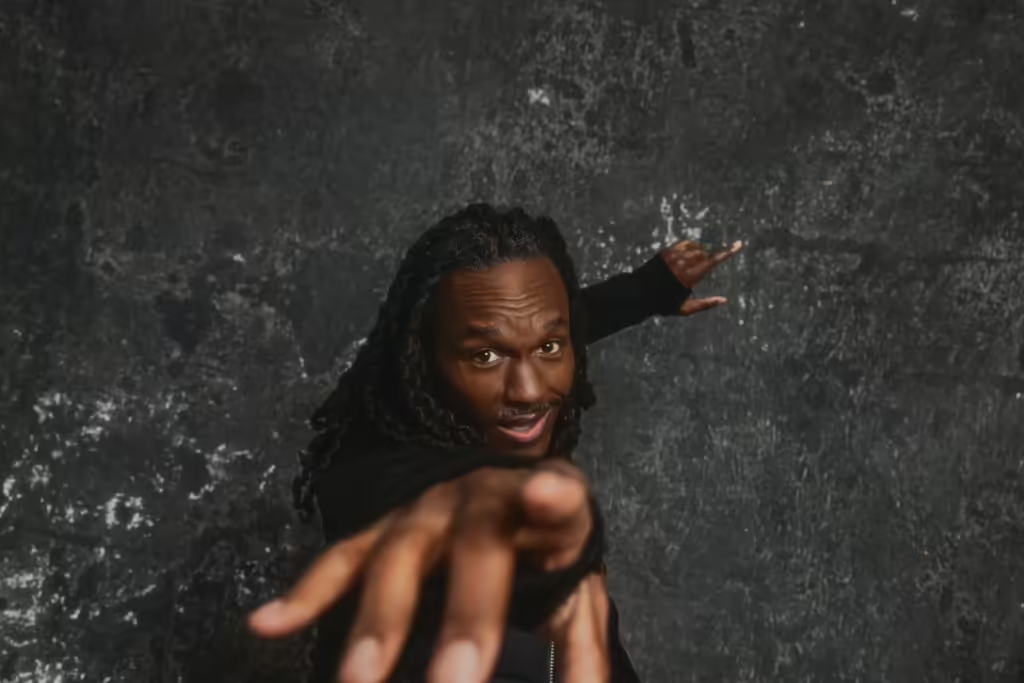
Jeffrey L. Page: A Journey of Art and Activism
Jeffrey’s journey as a choreographer and artist is as remarkable as the work he brings to the stage. A graduate of the University of the Arts, which recently closed its doors just six days after awarding him an honorary doctorate, Jeffrey’s career has been marked by a commitment to both excellence and social justice. His work has taken him from Indianapolis, Indiana, to the global stage, where he has choreographed for some of the most influential artists in the world, including a 16-year collaboration with Beyoncé as part of her creative team.
Despite his success, Jeffrey remains deeply connected to the roots of his art. “It’s strange,” he reflected. “I’ve gone from being an African dancer in Indianapolis to a Broadway director, from choreographing for television and film to receiving two honorary doctorates. Yet, I’m still running the race of my life, still deeply committed to this work.”
The closure of the University of the Arts, where Jeffrey received his undergraduate degree in dance, is a stark reminder of the challenges facing arts education and the cultural landscape in general. “This has never happened in the history of America,” he said. “A university going from a commencement ceremony to complete closure in just six days. It’s an indicator of where we are as a society, underscoring the importance of the work we’re doing now.”
Why “The Get Together” Event Matters
As we approach Sunday’s event, it’s clear that “The Get Together” is about more than just dance. It’s about fostering a sense of community and catharsis, about connecting with a deeper cultural legacy, and about preparing ourselves for the challenges ahead. Whether you’re an experienced dancer or someone simply seeking a new way to engage with the world, this event offers a unique opportunity to explore the power of African dance in a time of resistance.
In Jeffrey’s words, “Dance offers the wider community an ability to manage pressure by giving people tools to express themselves, to talk without talking, to sing without singing. In these times, that kind of catharsis and community is more important than ever.”
Who Should Attend? “The Get Together” is open to everyone, but it’s particularly suited for those seeking new ways of expression, those itching to explore something deeper within themselves, and those interested in the powerful intersection of art, culture, and activism. Whether you’re looking to learn about the historical significance of these dances, seeking a sense of community, or simply wanting to move your body in a meaningful way, this event is for you.
The Get Together: What to Expect
“The Get Together” is not just a day of dance; it’s a day of community, connection, and learning. The event will feature a series of workshops led by some of the most respected names in African dance, each bringing their unique expertise to the day’s activities. The lineup includes:
- 10:00 am – 11:30 am: Youth Dance Class with Jeffrey Page and Regina Charly-Beth
- 11:45 am – 1:15 pm: Understanding Sabar Technique and “Sabar Vibes” with Imania Detry
- 1:30 pm – 3:00 pm: Kutiro Dance Technique with Regina Charly-Beth
- 3:15 pm – 4:45 pm: Guinea Dance Technique with Robin Gee
- 5:00 pm – 6:30 pm: Mali Dance Technique with Jeffrey Page
Each workshop offers a deep dive into a specific dance technique, providing participants with not only physical skills but also an understanding of the cultural and historical contexts behind the movements. As Jeffrey pointed out, “Participants will receive information that will help them to nonverbally navigate internal furniture reshifting and communal engagement. It’s not just about learning a dance; it’s about experiencing a shift within yourself and within your community.”
